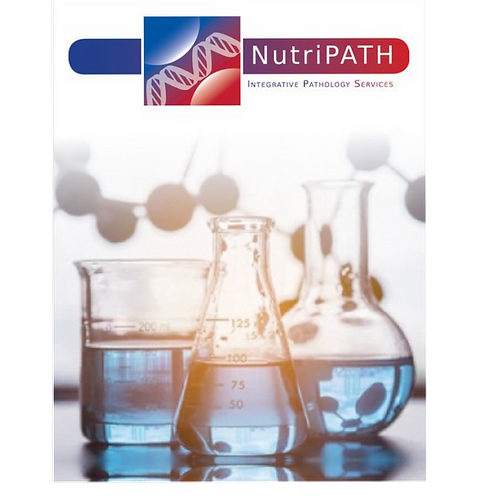

Coeliac Transglutaminase IgA
Method - Stool
Take your sample in the comfort of your own home and send via pre-paid courier to the lab.
Test Results
2-3 weeks
Sample Report
Items tested
-
Transglutaminase IgA – gluten sensitivity marker

The tissue transglutaminase IgA test is the most sensitive and effective method of celiac disease testing.
It shows positive results in almost 98% of people with celiac disease who eat gluten.
How It Works
Faecal anti-tissue transglutaminase IgA antibodies indicate a reaction of the immune system to the tissue transglutaminase enzyme produced by the body when gluten is ingested, leading to an autoimmune reaction that may destroy the intestinal lining or other tissues in the body.
Stool analysis for antibodies against gluten-related antigens has been found be a more sensitive assessment to gluten/immune reactions than blood tests.
Positive faecal anti-tissue transglutaminase IgA (produced in situ by the gut lining) result from a specific immune reaction to gluten in the digestive tract, and may not show in blood, especially in the absence of the typical coeliac disease-related damage to the intestinal tract (i.e., villous atrophy).
If you prefer a blood test, click here.
Common Symptoms Associated with Coeliac Disease & Gluten Sensitivity:
The symptoms of coeliac disease can vary widely, but common signs include:
-
Digestive issues – This can include diarrhea, bloating, gas, and constipation.
-
Weight loss – Some people lose weight without trying due to poor nutrient absorption.
-
Fatigue – Feeling tired and drained is common, as the body struggles to absorb nutrients properly.
-
Abdominal pain – Many experience cramping or discomfort after eating.
-
Anemia – Iron deficiency anemia is often linked to coeliac disease, leading to weakness and pale skin.
-
Mouth ulcers – Frequent sores or ulcers can appear inside the mouth.
-
Skin rash (dermatitis herpetiformis) – An itchy, blistering rash, often on the elbows, knees, or buttocks.
-
Joint pain – Some people experience aching joints or bone pain.
-
Headaches and brain fog – Difficulty concentrating or frequent headaches can be a sign.
-
Growth problems in children – Kids with undiagnosed coeliac disease may have delayed growth or puberty
Other signs can include depression, irritability, and infertility. Since symptoms can be subtle or confused with other issues, diagnosis often requires testing.
To book your consultation, click here.
